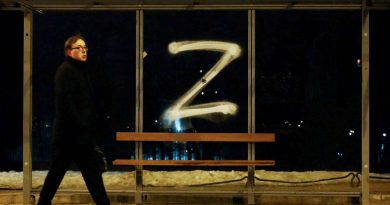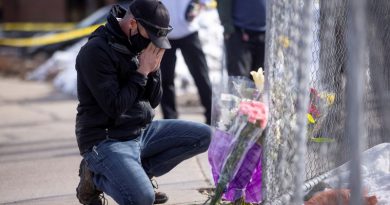Ethnic tensions in India’s northeast forces evacuation of thousands to guarded camps
Guwahati (Reuters) – Authorities in India’s northeastern state of Manipur have evacuated some 20,000 people to camps under army protection to prevent escalation of ethnic violence just days after clashes between tribal and non-tribal groups.
There have been incidents of looting and arson in parts of the remote state bordering Myanmar in recent days and at least 20 people including two local lawmakers were injured in clashes during a protest on Tuesday.
Internet services have been suspended in the state to prevent social media from being used to stir up unrest.
“The situation is not fully under control but it is gradually improving,” P. Doungel, the state’s top police official told reporters in Imphal, the state capital.
“More soldiers were being deployed to strengthen security and about 20,000 people were evacuated from violence-hit areas,” he said adding that three makeshift camps had been set up to lodge and protect people.
The Indian Army said in a statement on Friday evening that “approximately 13,000” civilians had been rescued from affected areas who were staying in adhoc boarding facilities created for the purpose within company operating bases and the military garrison.
“More than 100 columns are working tirelessly towards restoring law & order in Manipur at the earliest,” the army said.
Tensions have been rising between the Meitei community, who live in mostly in the main valley, and numerous tribes in the hilly state.
The Meitei people have been agitating to be granted scheduled tribe status. But the recognised tribes in Manipur oppose that status being extended to the Meitei, who are the largest single ethnic group in the state.
Last month, the Manipur High Court asked the government to consider the Meitei community’s plea and decide on it.
India reserves some government jobs, college admissions and elected seats – from village councils to the parliament – for communities under the scheduled tribe category as form of affirmative action to tackle historical structural inequality and discrimination.


